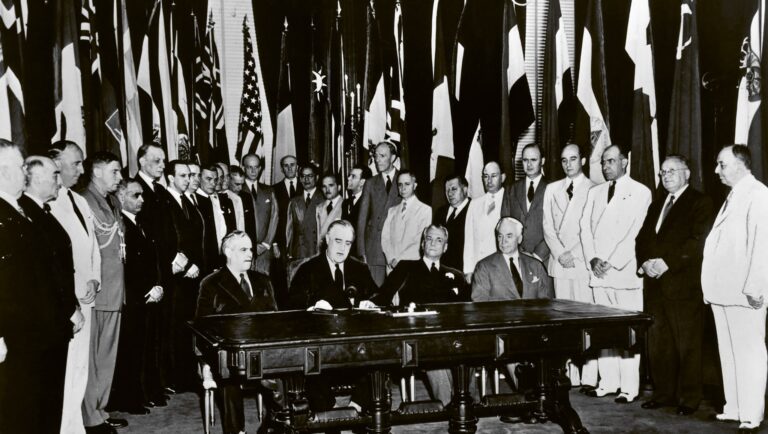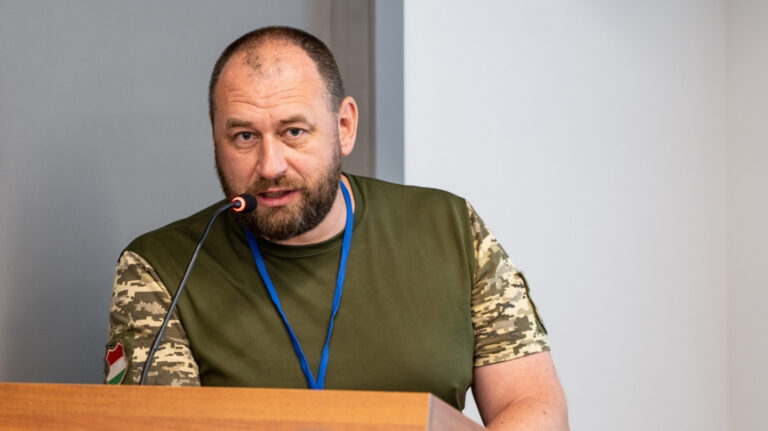Day two of Mathias Corvinus Collegium’s ‘The Future of Publishing’ conference featured an early morning panel titled ‘Money and Media: Online Success Stories’. The participants were István Gergely Kovács, the owner and managing director of Megafon Digital Incubator Centre; columnist, radio host, and political influencer Yair Netanyahu, who happens to be the son of Israeli Prime Minister Benjamin Netanyahu; as well as Roland Tichy, a journalist, founder of Tichys Einblick. Gladden Pappin, the co-founder of the quarterly journal American Affairs took on the role of moderator.
Mr Kovács started his remarks by emphasising that, unlike the other panellists, his company does not really fit the description of an online media outlet. Rather, it is a political action group, as he described it. Its main profile is to solicit people who would like to become right-wing influencers and train them to become successful on social media platforms. He said he had felt it was necessary to start such an operation because some public figures told him they feared expressing right-wing opinions on these platforms, despite their views being in the majority in Hungary. He also noticed the intentional suppression of right-wing voices by companies like Facebook, Twitter, and Google. Mr Kovács brought up the example of pro-government media personality Philip Rákay, whose original Facebook page was deleted after, as he put it, ‘it became too popular’. However, Rákay was able to launch a new page with the help of Mr Kovács.
The Megafon founder also remarked that the left had had a head start over conservatives in the organised effort to take charge of the narrative in online publications and on social media, having started about a decade earlier, in his estimation. He said his organisation was as an effort to mitigate that advantage. He reminded that people on the political left ‘inherited’ most of the Hungarian media after the regime change of 1990, and it took until 2006 for the right to fight back on that front.
Mr Netanyahu expressed a sentiment similar to what his fellow panellist formulated. In his estimation, right-wing conservatives are in the majority in Israel, just like in Hungary, yet much of the mainstream media there is biased towards the left. This phenomenon has led to many so-called ‘citizen journalists’ filling in the market gap. Mr Netanyahu was originally hesitant to become one of those independent political content creators. However, the continuous attacks on his character by the mainstream left prompted him to defend himself on social media, which led to a successful career for him as an influencer. He said he advises all who wish to follow in his footsteps to expect to be vilified and prepare accordingly, because ‘you can hurt them [the mainstream media], too’.
Mr Tichy talked about his publication, Tichys Einblick, which amassed a larger following in Germany than some of the big establishment publications. Its online version can also boast 1.8 million unique visitors per month. He too had to overcome suppression from the big tech companies: according to Mr Tichy, interactions on his publication’s Twitter page shot up after Elon Musk took over the company, suggesting that he had been ‘shadow banned’ by the old Twitter management.
All panellists agreed that someone looking to become a right-wing online content creator will experience headwinds and malice in a left-dominated space. However, with quality content, they can prevail. Mr Kovács gave an excellent example of that: he said he was certain that left-wing activist groups had spent just as much in social media advertising as his Megafon leading up to the 2022 Hungarian Parliamentary election, yet Megafon outnumbered the leftist social media pages 10:1 in interactions.








